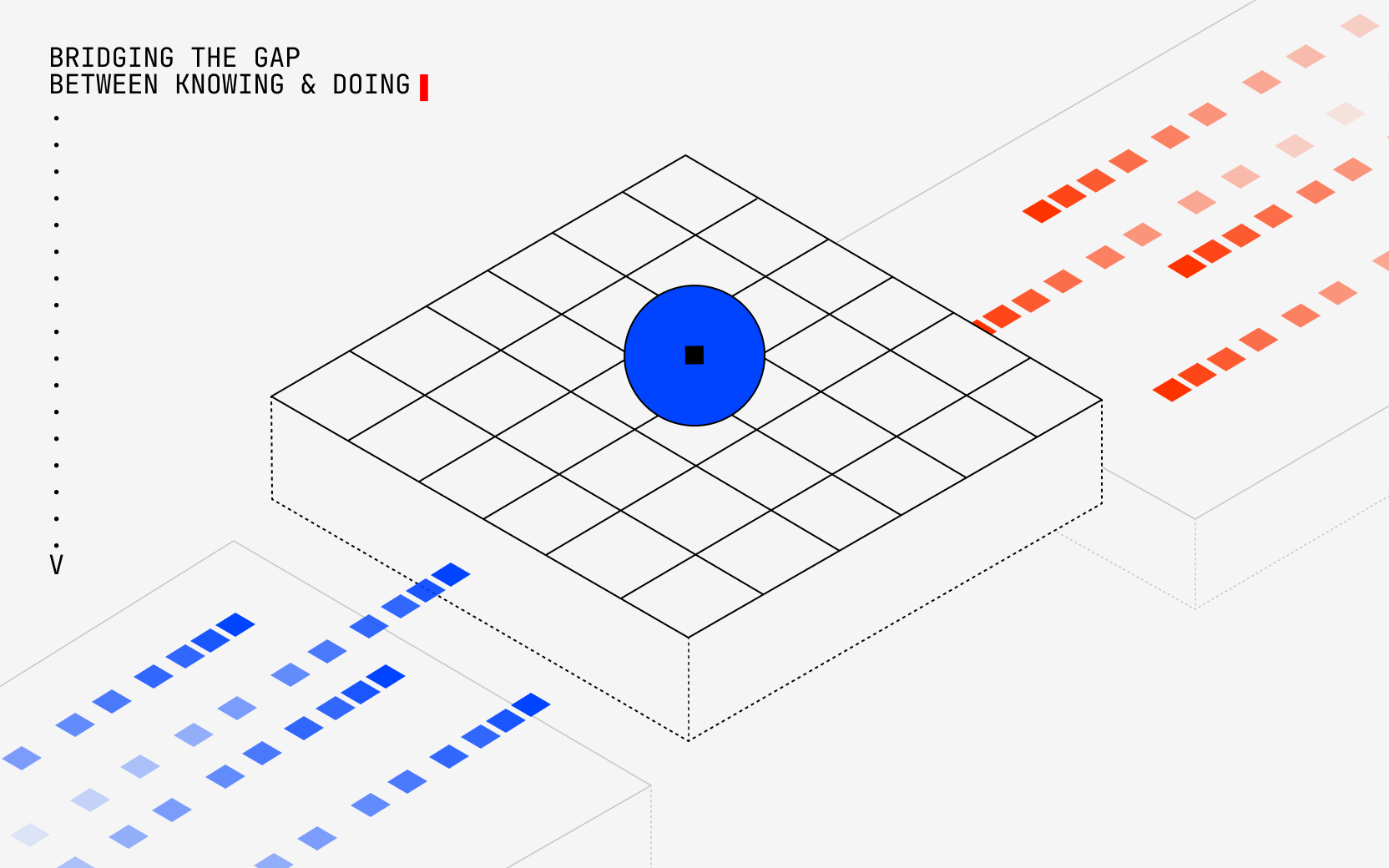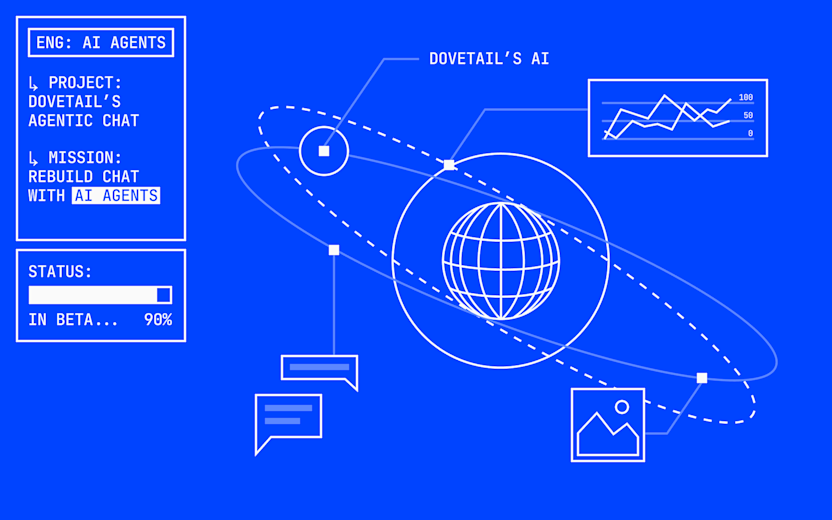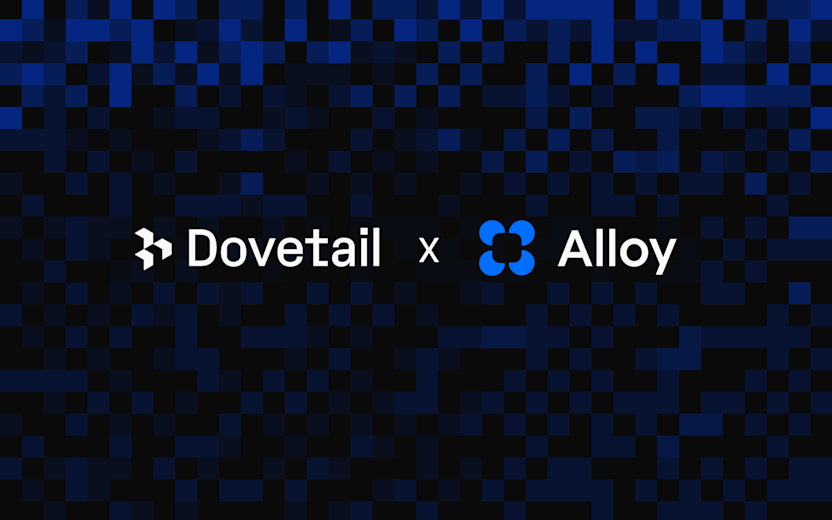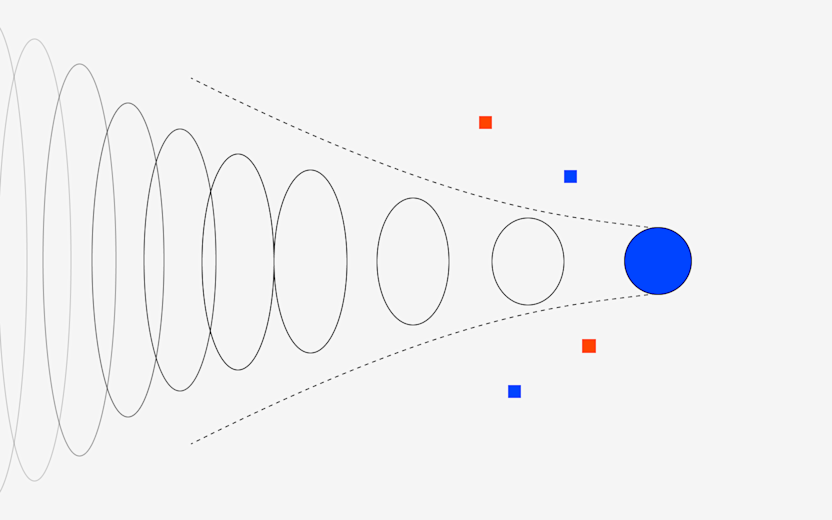
More teams are starting to build internal AI agents to help speed up their work.
And one thing we keep hearing from customers is that they want to feed those agents with the same rich, real-time customer intelligence they already have in Dovetail.
It makes sense—connecting your customer data directly into tools, workflows, or LLMs opens up a whole new world of possibilities. Whether it’s generating reports, powering roadmaps, or helping new team members ramp up faster, there’s huge potential to make smarter decisions with less manual effort.
So, we built something to help make that happen: the Dovetail MCP server. In this post, I’ll walk through why we built it, what it does, and how it sets the foundation for more integrated, insight-powered workflows.
Rhys Johns is a senior software engineer at Dovetail.
What is MCP?
MCP stands for Model Context Protocol, an open standard developed to connect AI tools with data sources securely and efficiently. Think of it as a bridge that allows your AI models—such as those used in platforms like Claude Desktop or Cursor—to interact directly with rich data sources like Dovetail.
The Dovetail MCP server brings this protocol to life within our users’ workflows, facilitating instant access to unstructured customer feedback—think support tickets or app reviews—and opening a new realm of efficiency, accessibility, and decision-making.
That’s great, but how does MCP work?
MCP at it’s core is pretty simple. Just like with HTTP, you have an MCP client and an MCP server, and they communicate with each other using a protocol called JSON-RPC. Beyond this distinction, they act pretty similar to REST APIs. Simply put, they involve a set of rules and conventions for building and interacting with AI applications. An MCP server exposes three kinds of endpoints:
Tools: these are actions that an LLM can take. This might be running a SQL query, making another REST API request, or updating a ticket in Linear or Jira.
Resources: data that is exposed to a client, which can be used for context for an LLM
Prompts: reusable prompt templates that a client can use.
Once a server is running, you can use an MCP client to connect to the MCP server. This handles doing the handshake to establish a connection and uncovering the resources that are available to the LLM itself. Once the client connects to a server, they can utilize all of the available resources. Tools are automatically used by the client and the LLM, and resources and prompts can be used by the user or by the client automatically.
An example of this is Claude for Desktop which lets you utilize Claude’s various models for tasks just as you would on the web, like asking questions and engaging in conversations. As you’re doing these tasks, Claude for Desktop leverages the MCP servers you have connected.
Why should product teams care about MCP?
The Dovetail MCP server’s core purpose is simple yet transformative—to make customer intelligence actionable faster and smarter. Here’s what you can do with it:
Centralize customer intelligence: With the Dovetail MCP server, you can secure instant access to customer feedback stored in Dovetail in the tools you work in every day, eliminating the need to toggle between platforms or download endless spreadsheets. For example, a product manager can review trends from real-time customer feedback directly through their MCP-enabled AI interface, helping them prioritize features clearly supported by customer data.
Streamline collaboration across teams: When data silos are removed, organizations become more agile. Dovetail MCP gives roles like product managers, customer success teams, marketers, and designers access to the same powerful AI-enabled insights. Designers can quickly identify customer pain points to refine priorities, while managers can prepare data-rich roadmaps and align strategies with actionable evidence.
Powerful AI-driven actions: With custom prompts and AI capabilities, teams can transform raw customer insights into ready-to-use outputs in minutes. For instance, imagine uploading feedback data on common user pain points and, within moments, crafting a neatly structured product requirements document for your dev team to address these issues. Dovetail MCP also lets you summarize thousands of customer feedback data points, auto-generate product requirement documents, and schedule trend alerts to notify teams when significant patterns emerge. Your data’s security matters. The Dovetail MCP server adheres to robust OAuth authentication practices, ensuring that your customer intelligence remains protected. Additionally, it scales effortlessly, so whether you’re running a small or large operation, adding integrations with MCP-compatible tools happens seamlessly.
Enhanced productivity and faster decision-making: By reducing time spent on manual searches and summaries, teams can focus more on innovation and decision-making. For example, a leadership team can use the MCP server to instantly pull a high-level summary of a quarter’s customer feedback trends, cutting down hours of manual report generation.
What’s next?
By creating a Dovetail MCP server and working with our customers, we’re going to be able to meet users where they’re at. We will enable organizations to use their customer intelligence in their own tools or LLM’s, and empower more folks who might not have leveraged customer intelligence before. We want to help every organization bring the voice of their customers into every workflow, project, or conversation instantly so that they can drive better business outcomes. The future of customer intelligence will be proactive, highly integrated, and personalized to users’ specific roles and goals. We are excited to be building this future.
Try it today
Are you ready to elevate your workflow and make data-driven decisions with ease? Connect Dovetail to your AI agent today, and give your team the tools they need to create exceptional products and experiences.
Related Articles


